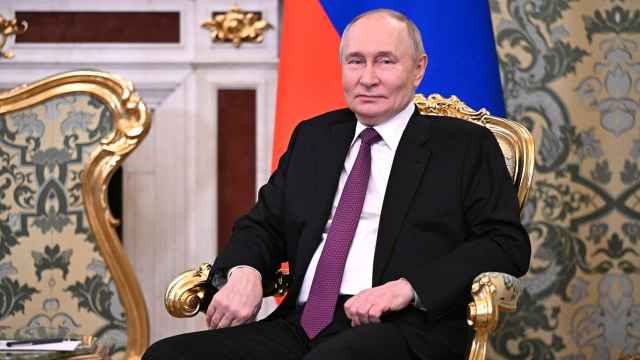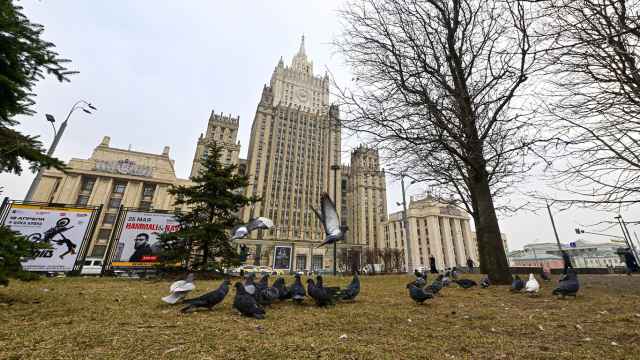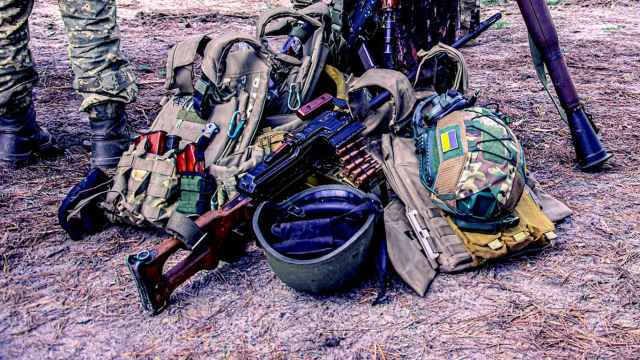Russia has begun airlifting armored trucks to Syria to transport its chemical weapons for destruction at sea, the Russian ambassador to the country said.
Russian transport planes have completed 10 flights to the Syrian port of Latakia and more deliveries are planned before the end of the year, Ambassador Azamat Kulmukhametov said, Itar-Tass reported on Wednesday.
Under a multinational plan approved by the Organization for the Prohibition of Chemical Weapons, or OPCW, to destroy Syria's chemical weapons by June, Russia is providing trucks and other equipment to carry toxic agents from 12 sites around the country to the seaport of Latakia.
Danish and Norwegian ships will then pick up the chemicals — including mustard gas and sarin — and transport them to Italy, where they will be transferred to a U.S. ship for destruction at sea.
The plan has already seen a series of delays, partly due to a lack of security in the country ravaged by civil war, OPCW head Ahmet Uzumcu told the organization's executive council on Tuesday, The New York Times reported.
Chemical weapons shipments, hazardous under any circumstances, become particularly dangerous during a war, and Russian armored trucks and other equipment, along with thousands of special containers provided by the U.S., are all part of an attempt to reduce risks.
Under the OPCW plan, U.S. satellite equipment and Chinese surveillance cameras will also track the progress of the Russian trucks as they carry the toxic materials to Latakia, BBC reported.
Russia has offered to provide security for in Latakia and Syria's territorial waters during the operation, a Russian deputy envoy to the OPCW, Vasily Titushkin, said, Itar-Tass reported. It remained unclear whether Russia would provide troops as part of that effort.
A Message from The Moscow Times:
Dear readers,
We are facing unprecedented challenges. Russia's Prosecutor General's Office has designated The Moscow Times as an "undesirable" organization, criminalizing our work and putting our staff at risk of prosecution. This follows our earlier unjust labeling as a "foreign agent."
These actions are direct attempts to silence independent journalism in Russia. The authorities claim our work "discredits the decisions of the Russian leadership." We see things differently: we strive to provide accurate, unbiased reporting on Russia.
We, the journalists of The Moscow Times, refuse to be silenced. But to continue our work, we need your help.
Your support, no matter how small, makes a world of difference. If you can, please support us monthly starting from just $2. It's quick to set up, and every contribution makes a significant impact.
By supporting The Moscow Times, you're defending open, independent journalism in the face of repression. Thank you for standing with us.
Remind me later.





